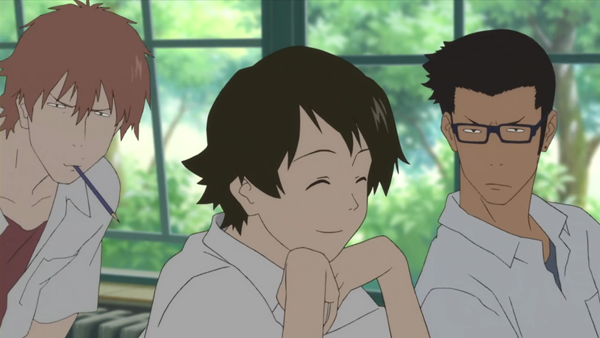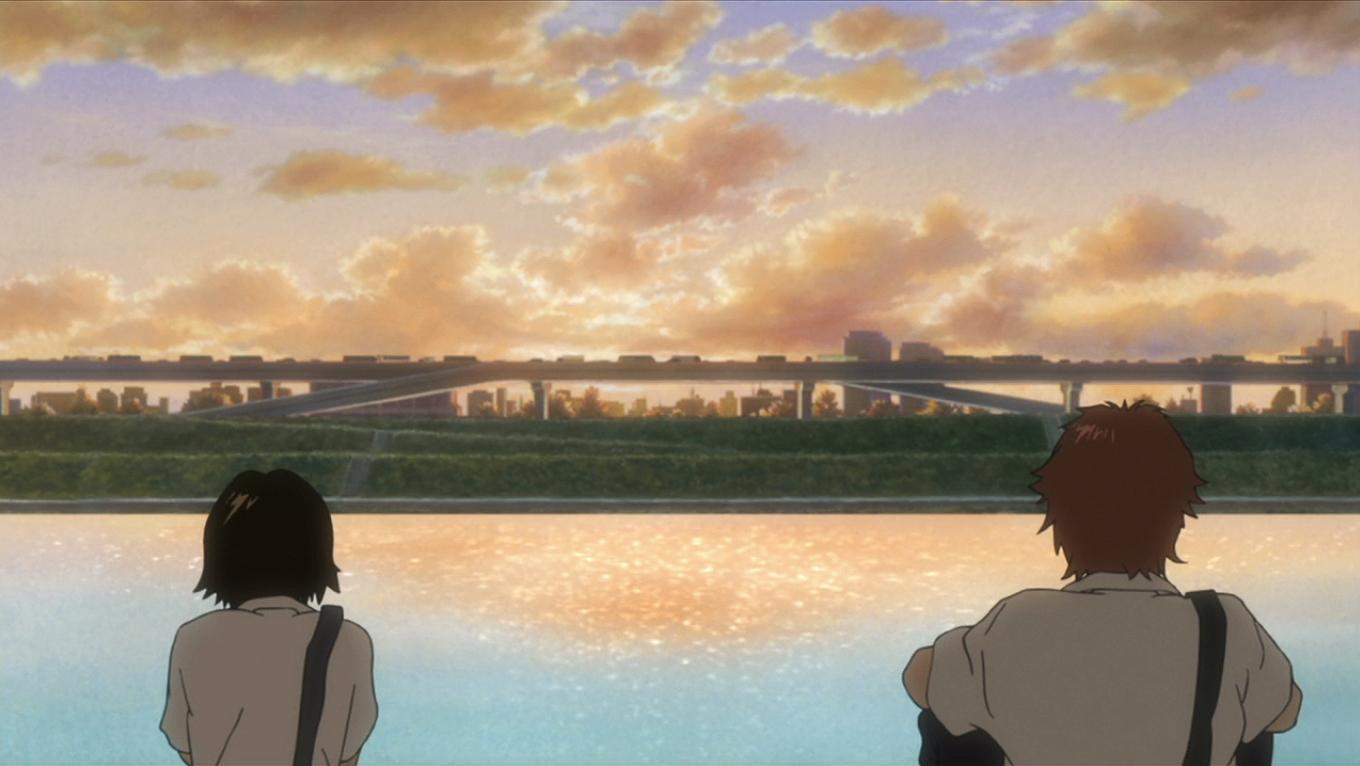The Girl Who Leapt Through Time is a love letter to our misunderstood teenage selves
The Japanese animated film is about so much more than a girl who can, uh, leap through time.

(Each week, I’m publishing a new pop culture essay from a freelancer. Remember: Your subscription fee helps me pay these freelancers for their efforts! This week in a bonus Friday edition: Priyanka Aidasani, on the lovely teenage pleasures of The Girl Who Leapt Through Time.)
Adolescence is one of the most painfully excruciating phases one has to go through on the way to adulthood. Just the act of making it through makes someone a superhero. The Girl Who Leapt Through Time is a rare film that beautifully articulates this cocktail of emotions that we humans casually call adolescence. The Girl Who Leapt Through Time makes your inner adolescent feel seen, loved, and embraced. It makes you revisit adolescence with the tenderness and compassion that you truly deserved.
Released in 2006 and directed by Japanese animation auteur Mamoru Hosoda, The Girl Who Leapt Through Time is a sci-fi romance about a 17-year-old teenage girl who gains the power to travel back in time and relive a day from the past over and again.
Makoto Konno, our hero, is a clumsy teenager who often falls short of her goals. She fills her days with a constant routine. She runs late for school, performs averagely on surprise tests, volunteers for student work, and plays catch with her two best friends, Chiaki Mamiya and Kosuke Tsuda. The charm of Makoto stems from how awkward and undiplomatic she is. She’s too ashamed to confront her feelings about Chiaki. Her imperfection is lovely, and she’s both relatable and likeable! Audiences love a cute mess (or at least I do).

Girl exudes a gentle humanism. Despite the flashy sci-fi premise, the film remains centered on its protagonist, underscoring that she is the person who’s gained this extraordinary power. The film takes seriously the complexity that arises from a character like Makoto gaining the power to leap through time. And she doesn't have the first clue what to do with that power.
The first few times she uses her newfound power, Makoto bends time to avoid being late, to ace her test, to eat her previously stolen pudding, to dodge cooking accidents, and to relive a karaoke session for hours in order to sing for a longer time. A review for MUBI by Jonathan Kensall underlines why this approach to time travel is so refreshing: “Stop and rewind and change a small minor thing in your life. It really is the little things like karaoke and pudding instead of wanting to change the world.”
Makoto grows as she learns how to use this power in a responsible way. After her initial few leaps, she realizes that dodging a cooking accident results in the mishap to fall upon a classmate of hers, further culminating into discomforting and occasionally violent results.One of the more interesting instances of this is when her powers start affecting her relationship with Chiaki. Makoto uses many leaps to avoid his confession of love. And she goes further: To prevent the conversation from ever taking place, Makoto begins to distance herself from Chiaki. He begins dating another girl.
The film’s treatment of romance is also refreshing. Makoto and Chiaki eventually do have a heart to heart, but they ultimately part ways. (it all makes sense in the movie, okay?) The relationship between Chiaki and Makoto could perhaps best be described by a quote from a different Japanese animation auteur: Hayao Miyazaki. (Makoto worked with Miyazaki; he was the initial choice to direct Howl’s Moving Castle even.)
"I’ve become skeptical of the unwritten rule that just because a boy and girl appear in the same feature, a romance must ensue,” Miyazaki said. “Rather, I want to portray a slightly different relationship, one where the two mutually inspire each other to live. If I’m able to, then perhaps I’ll be closer to portraying a true expression of love." This quote perfectly describes how I would define Makoto and Chiaki’s relationship. Their connection isn’t so much about being together as it is about liking one another enough to enjoy life a little more.

Arguably, the friendship between Makota, Kosuke, and Chiaki is as romantic in its way as the more straightforward romance between Chiaki and Makoto. In one scene, Chiaki reveals to Makoto that the moments that he spent with Kosuke and Makoto - playing catch, singing karaoke, chit-chatting etc were the most precious moments of his life.
And that’s the heart of the film, ultimately. Instead of a complex time machine with loads of buttons or flashing electric lightning, Girl focuses on Makoto’s emotions around time travel. When she leaps through time to prolong her karaoke night with her friends, she’s not traveling back in time to change something. She’s trying to experience the feeling of happiness over and over again.
And isn’t that what all of us do anyway? We revisit our pasts by cooking favorite dishes or looking through old photographs and videos or reveling in monsoon nostalgia. Some psychologists will argue that clinging to the past might not be the best for our mental health. But we all possess the ability to time travel. We probably can’t go back and save the world from extinction, but we can definitely revisit memories of a happier past.
Life is found in those smaller moments. The Girl Who Leapt Through Time refuses to lose perspective about how important those tiny moments can be. This is not a story about Makoto changing the world. This is a story about how the unusual circumstances Makoto finds herself in draw from within her something she already possesses: the courage to face the challenges of adolescence on her journey to become the person she is meant to be. And that courage is as much about responsibly using her powers as it is about being vulnerable and having uncomfortable conversations about her feelings.
The wealth of emotions a person feels as an adolescent is enormous. It’s not comparable to any period in one’s life. Seeing Makoto on screen, using leap after leap to avoid awkward romantic conversations with Chiaki, reminded me of how ashamed I was of confronting my own feelings about guys in school. Knowing that I wasn’t alone in feeling that way, that being vulnerable is hard for everybody, was therapeutic for me. This film unabashedly celebrates our unflattering, messy adolescent selves. It’s a story of a superhero. But her powers have so little to do with her ability to leap through time.

Episodes is published three times per week and edited by Emily VanDerWerff. Mondays feature her thoughts on assorted topics. Wednesdays offer pop culture thoughts from freelance writers. Fridays are TV recaps written by Emily. The Wednesday and Friday editions are only available to subscribers. Suggest topics for future installments via email or on Twitter. Read more of Emily's work at Vox.


